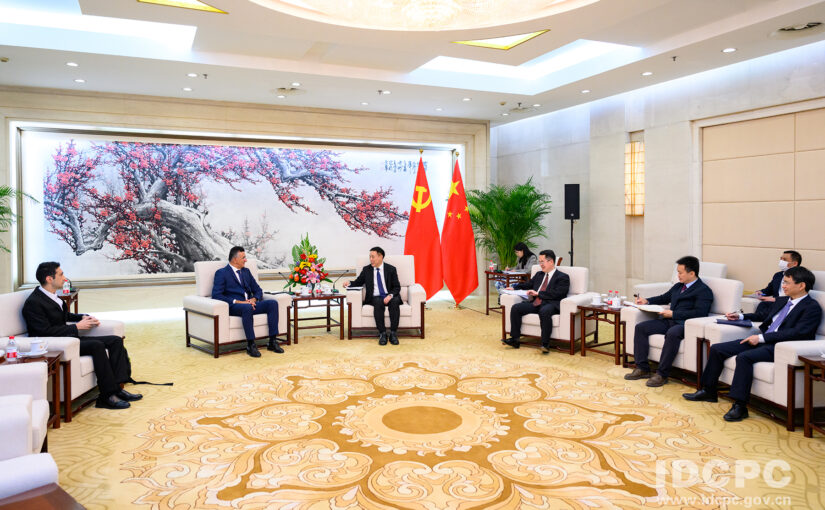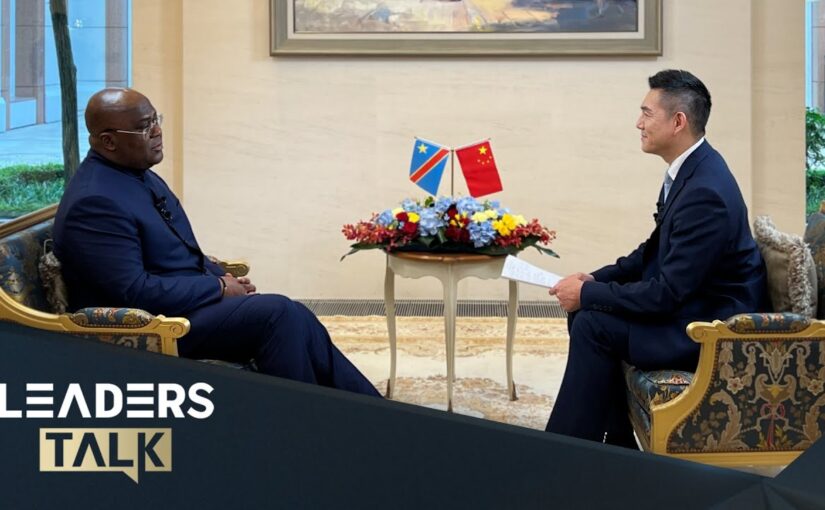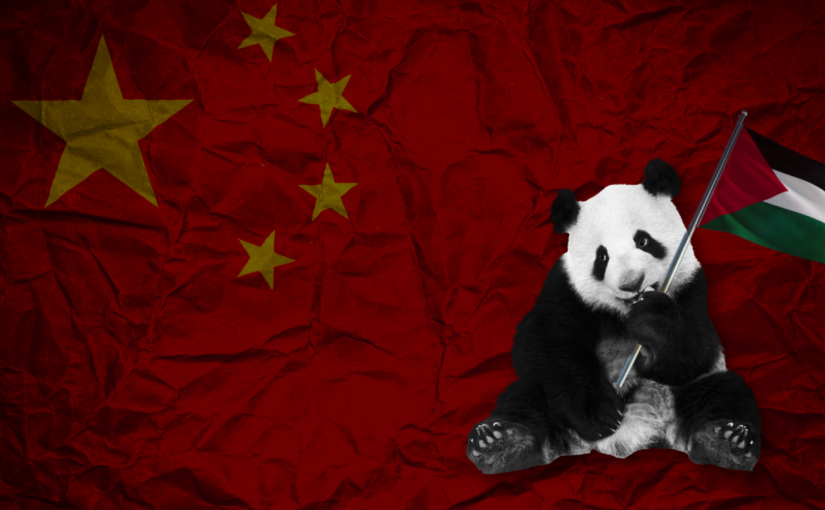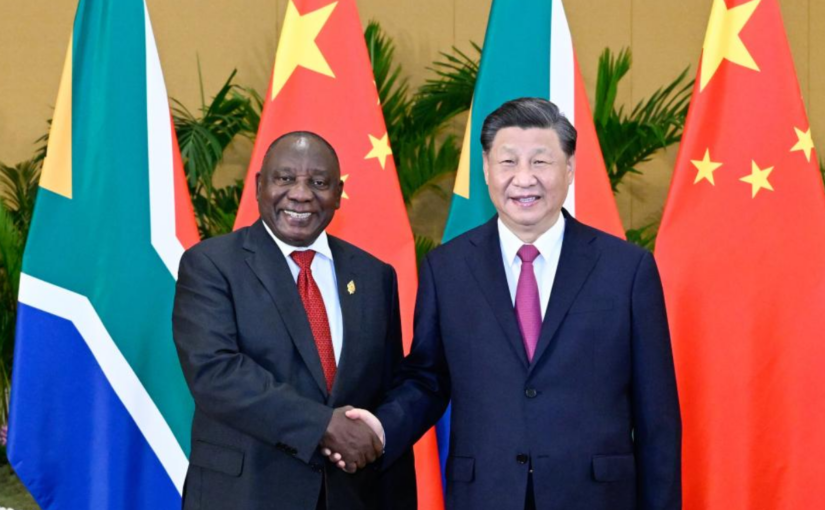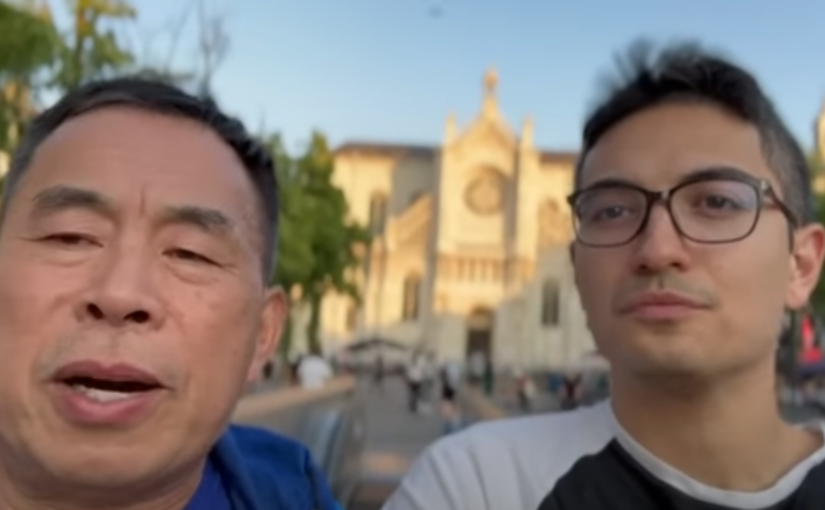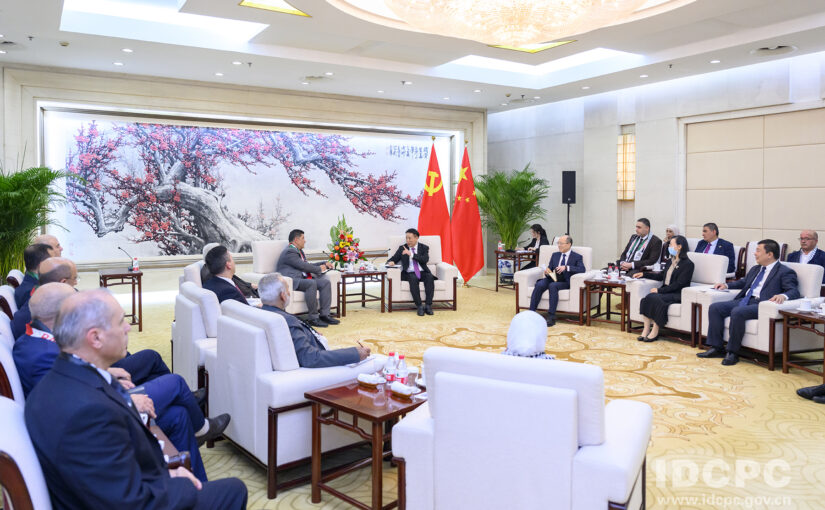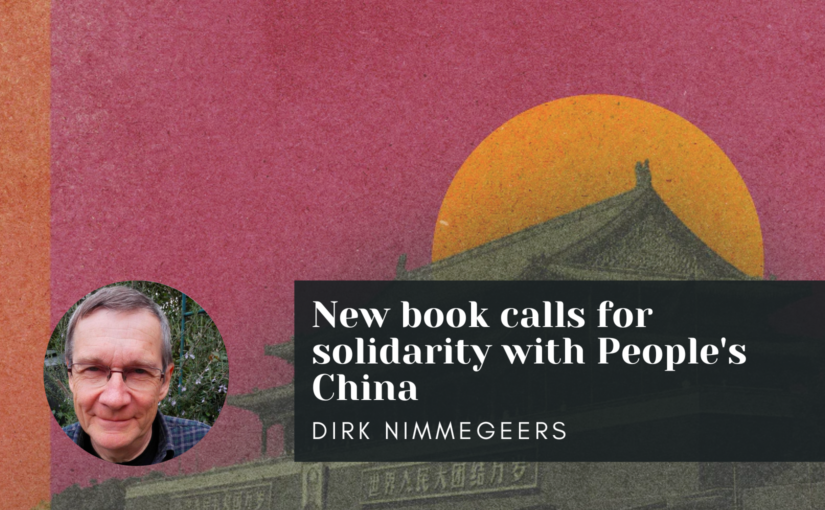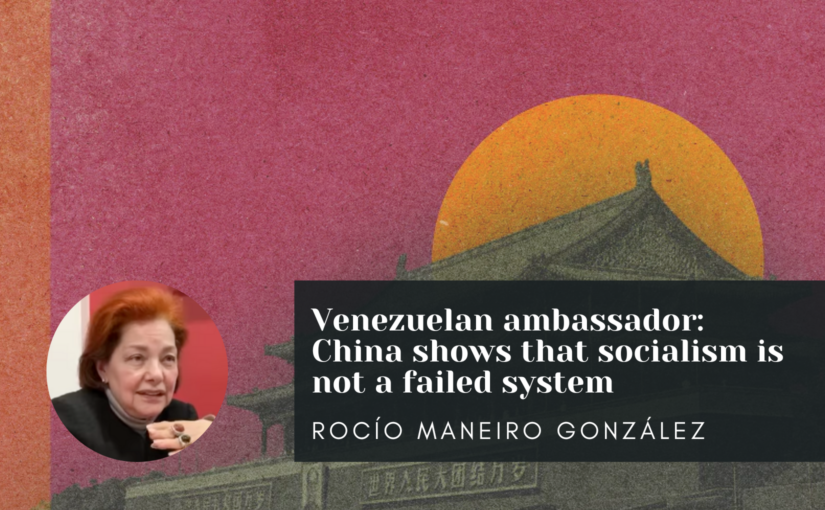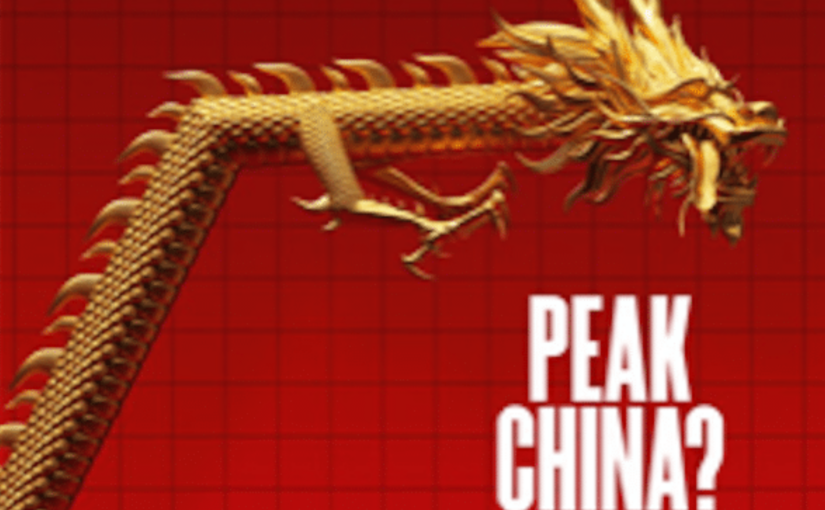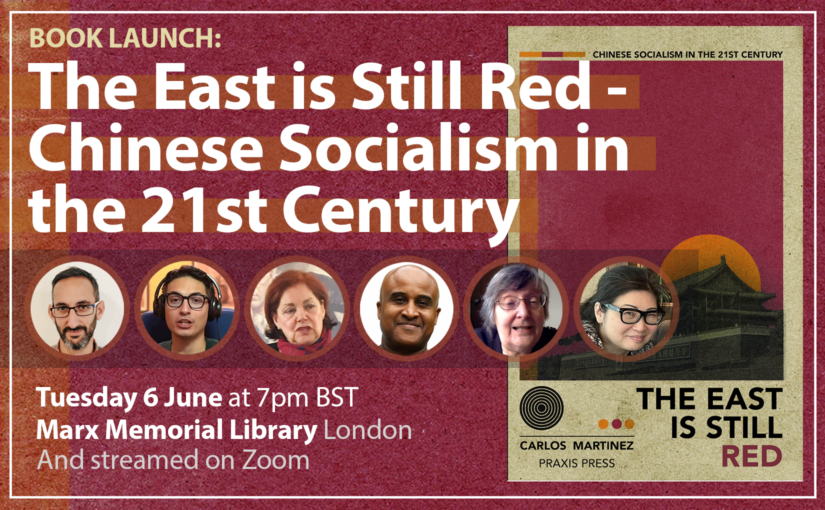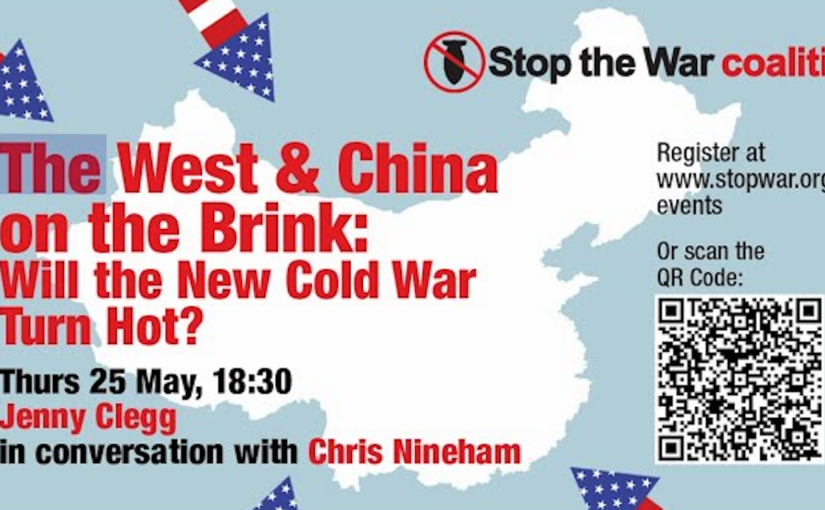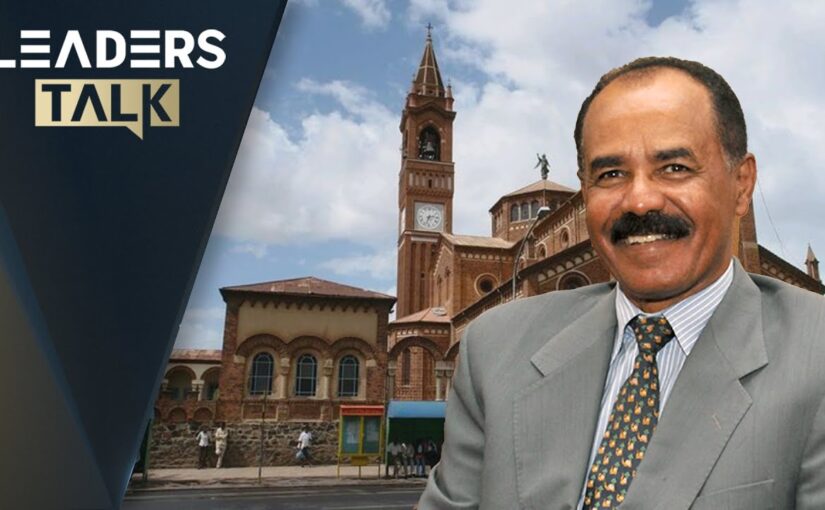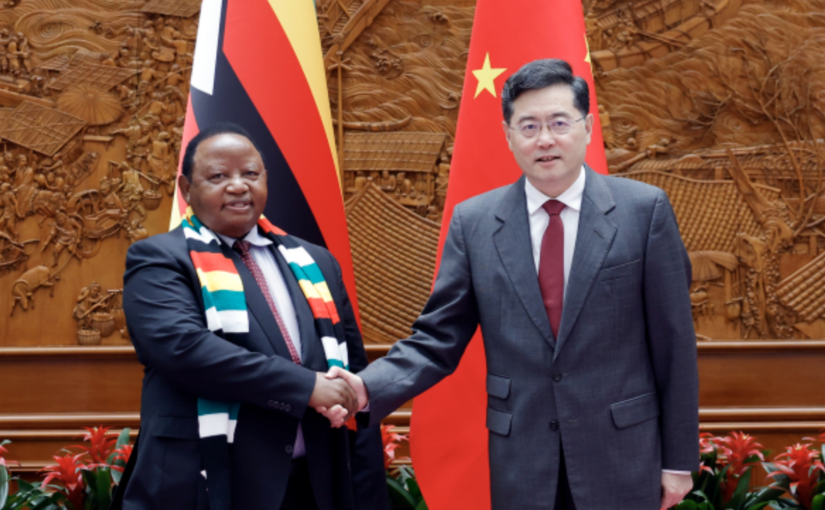In the following article, which originally appeared on RT, Timur Fomenko points to the obscene hypocrisy of the US in its trade relationship with China. Washington affords itself the right to impose sanctions on companies such as Huawei and TikTok, and to prevent the export of the most advanced semiconductor technology to China; however, when China takes a reciprocal action – albeit in a much smaller scale – by banning Micron chips from key infrastructure projects, this is labelled as an outrageous violation of the principles of free trade and fair play.
The author notes that the US’s willingness to trade with China is predicated on the latter playing by Washington’s rules. “The US, of course, loves the idea of trade with China and its markets, as long as such trade is conducted entirely according to Washington’s preferences.” But the century of humiliation is long over, and the Chinese people are not willing to be subjected to a position of subservience vis-a-vis US imperialism.
China recently restricted chips made by US semiconductor firm Micron from being used in its national infrastructure, branding them a “national security threat”.
The language and rationale of such a move should sound familiar, because it’s precisely what the US has been doing over the past few years in blacklisting Chinese technology companies and pushing allies to do the same. “You can’t trust having Huawei in your 5G infrastructure” was the general line used by Washington officials. According to them, and to Western media repeating this line, all kinds of Chinese technology constitutes an “espionage risk,” from TikTok to balloons to fridges.
So based on this treatment of Chinese companies by the US, it was only a matter of time before Beijing struck back. And one might think that if Washington was willing to use “national security” as a pretext for market exclusion, it would be acceptable for China to the same. Only fair, right?
Apparently not. Despite the brutal restrictions the US has placed on Chinese technology, which have also included blacklisting its entire semiconductor industry and forcing third-party countries to follow suit, the US reacted with outrage to Beijing’s announcement and accused it of “having no basis in fact.” Not only that, but Washington then further claimed that the move was evidence that China’s regulatory environment was “unreliable” and that the country was no longer committed to “reform and opening up.”
The US can somehow say this with a straight face. Washington is entitled to restrict Chinese firms on an industrial scale, but when Beijing does the same, even on a marginal level, then it’s evidence that China is not reliable for investment. Even as microchip firms point out the damage that disastrous policies of the US are causing, Washington seems to have either no self-awareness, or an extreme sense of self-entitlement, which, as has been discussed many times, gives it the almost divine right to impose on others rules it doesn’t feel obliged to follow itself.
This is an indication of how the US sees its right to exploit China’s own markets. American ties with China have always been conditional, on the premise that Beijing would gradually transform its political system and economy to fall in line with US preferences. In the 1980s and 1990s, during China’s era of “reform and opening up,” the US believed – due to its ideological overconfidence after its victory in the Cold War – that China was changing and was destined to reform.
In this light, free market economics was seen as an evangelically transformative force which, with the onset of capitalism, naturally led to liberal democracy. Thus, there was never a premise of “engaging” China on its own terms, it always had to “lead” to something. By the 2010s, it became clear that this was not going to happen. Not only did China’s political system not change, but its economic trajectory and industries continued to grow in a way which threatened the foundations of American hegemony. US foreign policy subsequently shifted to now trying to “force” China to change and containing it.
The US, of course, loves the idea of trade with China and its markets, as long as such trade is conducted entirely according to Washington’s preferences. That is, to have China’s market to exploit as a subordinate to the US, and to prevent China from having its own world-leading industries. This mindset has created a visible contradiction in political rhetoric: that China “must” open up its markets more for Western goods, but at the same time must be locked out of Western markets in certain areas. China’s resistance to this is decried as so-called “unfair” economic practices.
Because of this, the only kind of “engagement” the US wants with China is that which is completely one-sided, such as being forced to order $200 billion in US farm goods per annum (as Trump envisioned), but being banned from the US semiconductor market. This is also why the US demands that even as its own companies lose market share in China, other countries, like South Korea, should have no right to take up that lost share.
The US is not interested in compromise, only capitulation. Thus, trade with China is really only conditional on either ideological transformation, or if that fails, a surrender to total exploitation, turning China into a neoliberal state which is completely open and gutted of industries, possibly complete with a small clique of very wealthy pro-Western oligarchs who sell out the country.
The US-China economic relationship is directed, on Washington’s side, by a sense of ideological entitlement. We can blacklist your companies and even coercively ban third countries from using any Chinese technology, but don’t even think about limiting one of our own firms. Or else.
